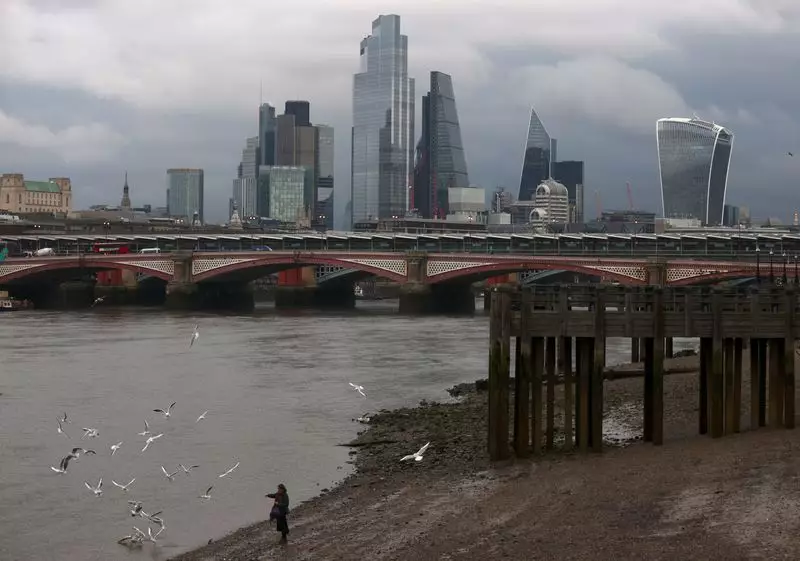Recent data revealed by Britain’s Institute of Directors (IoD) has brought to light a troubling decline in business optimism, marking the lowest levels since the early days of the COVID-19 pandemic. In the wake of finance minister Rachel Reeves’ first budget, which was introduced on October 30, business leaders are grappling with negative sentiments concerning investment and employment practices. The fresh numbers indicate a sense of uncertainty and hesitation among executives as they respond to newly imposed tax obligations.
In Reeves’ budget announcement, she showcased £40 billion in tax hikes, which included a significant £25 billion hike in employers’ annual social security contributions. This stark shift highlights a growing concern within the business community that the latest financial strategy does not foster a conducive environment for growth or sustainability. Anna Leach, Chief Economist at the IoD, has articulated ongoing frustrations, suggesting that instead of fortifying the foundations essential for investment and job creation, the budget has inadvertently weakened them. This precarious situation illustrates a disconnect between government financial policies and the on-the-ground realities faced by businesses.
The latest IoD survey indicated a notable decline in optimism among its members, with the confidence index plunging to -65 from -52 in October. This decline represents the lowest recorded level since April 2020. It raises questions about the sustainability of business practices and future employment strategies as executives navigate the complexities of budgetary pressure. Furthermore, the lack of assurance from the government regarding future taxation policies has compounded fears among business owners, leading to a pervasive sense of pessimism in the market.
In addition to tax burdens, the IoD has voiced apprehensions about forthcoming changes to employment laws that may exacerbate financial strains on businesses. This tightening of regulations could further inhibit hiring practices and cause existing employees’ costs to surge. As businesses face a double-edged sword of increased taxation and regulatory changes, the resultant atmosphere is one of reluctance to invest and expand, stifling potential growth during an already tenuous economic recovery phase.
Despite the grim statistics and forecasts, there is a call for strategic changes in the government’s approach. Reeves has assured the Confederation of British Industry that she would refrain from implementing more borrowing or tax hikes in upcoming budgets. Such promises might provide a glimmer of hope for businesses attempting to recalibrate their strategies and planning for the future. Still, the current economic landscape demands immediate attention and tangible support for businesses striving to overcome the fiscal challenges posed by recent policy changes.
The decline in business confidence among UK leaders is a complex issue fueled by tax increases and regulatory changes. For businesses to thrive, a renewed focus on fostering a supportive economic climate is essential, ensuring that future policies align with the goals of sustainability and growth. The path ahead may be precarious, but with the right measures, a potential turnaround is still possible.

